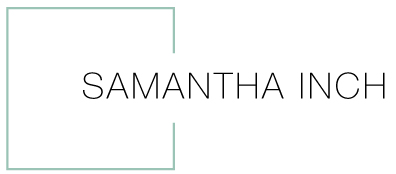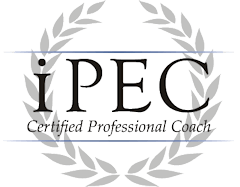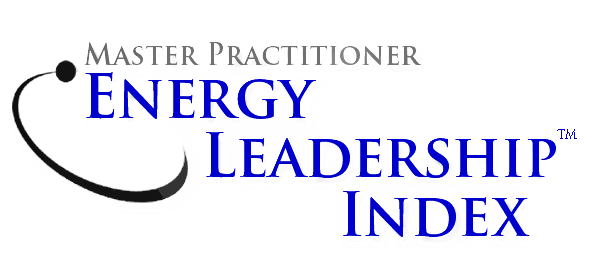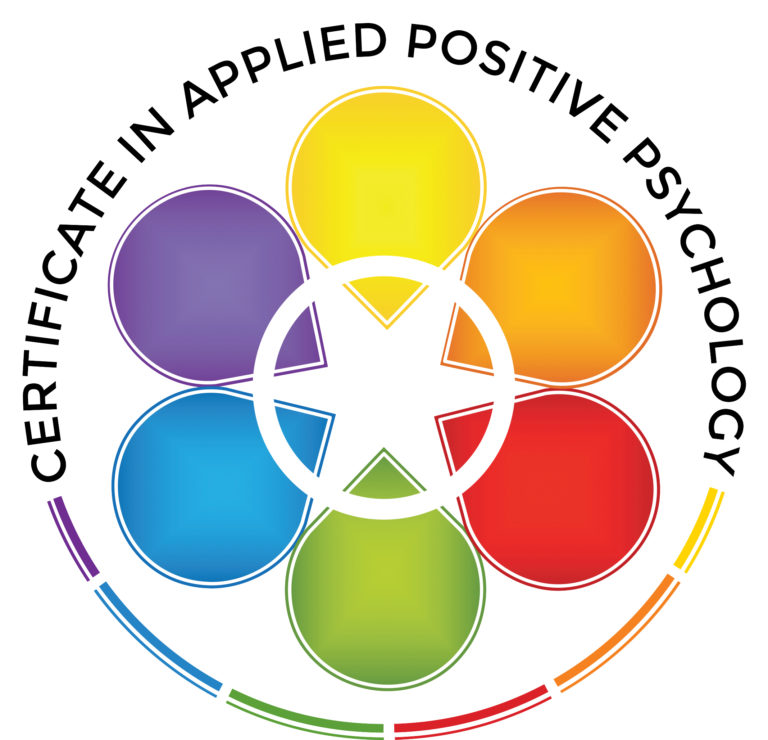We’re at the end of COVID-19 quarantine week 3. It has taken me a while to process. This post is part of my reflection…it’s long.
Like most of us, I’m experiencing some fear about my loved ones getting sick, concern for the wellbeing of those suffering from the effects of the virus, or the virus itself, and gratitude for our caregivers who are risking it all.
During the first week, I was relieved to be working from home, felt the freedom of flexible weekends, and was happy to be able to binge my favorite shows in the evenings. But the novelty of this phase wore off after 4 days. My focus shifted away from CDC guidelines, and the politics of PPE shortages. With space in my schedule, I had enough cognitive energy to wonder about the bigger questions. I began to experience deep existentialism - asking myself about the symbolism and meaning of this adversity. Why is this pandemic cycling through at this point in our evolution? What does it say about us as humans? What will we learn about our common humanity?
There are many possible answers to those questions, but I’ve been chewing on a few themes: the pace of our lives, our lack of balance, and our obsession with productivity. Since the 1800’s, the construct of time has dictated how humans structure their lives. In the last several decades, we’ve reached a point where we operate as if not a minute of time can be wasted. We have so much to finish. So much to do. So much to accomplish. From the very moment our alarm clocks tell us it’s time to begin, we become slaves to crammed daily schedules. Rushing to get to appointments on time, enduring repetitive work meetings, and worrying about adhering to time-sensitive routines we can’t miss.
But now we are still. We have been forced to stop 99% of our external activity, and so we have fewer activities and no place to be. But because we have become so used to this extreme pace, our inner lives are still very active - juggling, planning and striving. Even while sitting on the couch, we are overthinking, overintellectualizing, overworrying, overexplaning, oveeracting, overplanning, and overproducing.
The message I’ve received is that this horrible adversity has given us a chance to slow it all down. COVID-19 has freed us from the prison of our pressure-cooker lives - so we can slow our bodies and our minds. We may still have to work and take care of our families, but at the end of the day, we’ve never had a more obvious opportunity to sit with ourselves and be alone with our thoughts without rushing to get to the next thing. To some of you, the idea of sitting with yourself might sound pointless, boring or unproductive. People used to say to me, “Sam, life is short - don’t waste time - hurry up and live.” This implies that the way to fully live is to do lots of things. Going slow or staying still equates to a waste of time, or missing out. I’ve had the opposite experience. Starting in grade school, my days were filled with activities - my system got so used to going from one thing to the next, by the time I got to my 20’s, I was checking boxes. When I look back, it was the moments where I slowed down to notice, reflect and appreciate. Those are some of my greatest memories.
Anyone who has been following my story knows I made a conscious effort to begin changing the pace of my life in 2014. I’ve been experimenting with intentional, or “slow living” since 2016. It started with a “downshift” in my career - I pivoted from the anxious PR world to the arena of personal development - helping people get in touch with their true selves. The downshift reduced the intensity of my days and injected more meaning into my life. Downshifting isn’t easy in a society that values just the opposite - acquiring lots of things, winning at all costs, checking off to-do lists, and ‘having it all.’ This gradual slowing process helped me learn to design my life around meaning and fulfillment. With a less-is-more approach, I began focusing on the quality of my life, not the quantity of things in it.
COVID-19 is offering us the opportunity to test out what its like to live slowly. We really can’t book trips, get away with friends, buy houses, go to shows, go out to eat, go to the gym, do errands, go shopping…the list goes on. With no ability to insert activity into our lives, we are left to be still. And that is where the learning comes in. Many of us have a hard time staying still for 5 minutes without pulling our phones out, let alone sitting quietly with our thoughts. 17th Century philosopher Blaise Pascal said, “All of humanity’s problems stem from man’s inability to sit quietly in a room alone.” His point was that we create more suffering for ourselves because we can’t be content just sitting. Because we’re not taught to deal with our own neuroses - our own uncomfortable thoughts and feelings - we don’t have the skill of sitting in solitude. When uncomfortable thoughts or feelings arise, we run from them. Pascal said we are experts at creating divertissements (diversions) to distract from having to face ourselves.
COVID-19 has taken away most of our external distractions. So at this time of great hardship, can we take advantage of the universe telling us to “sit quietly in a room alone?” What benefits might that have on your rates of physical and emotional exhaustion? How might doing less help balance out your stress and anxiety? How might having slower and more thoughtful conversations benefit your relationships? How will eliminating the noise and superficial activity reveal what is truly meaningful? How might you connect better with what you want and what you need? What might you learn and therefore add into your new routine, even when you are out of the house?
I’m not saying this slow living approach is for everyone. Those who think social distancing is the most boring, unfair, and introverted thing in the world, have the right to their opinions. I’m also not saying the horrors of COVID-19 should be diminished in exchange for this simpler way of looking at things. There is suffering everywhere - this concept doesn’t take away from that.
What I am saying is there is an irony in the way that this pandemic has smacked us in the face and challenged us to stay in place. Being alone helps us become more comfortable in our own skin - it helps us get to know ourselves better without the outside noise, pressure or obligation of the fact-paced life we lead. It’s only by staying still that we can see the present moment for what it is - an opportunity to live.
If COVID-19 could talk to me, I think it would say: “Sit down. Take a breath. Take a few breaths. Think about your life and what’s good in it. Question what really matters and what is meaningful. Challenge your norms. Say nicer things to yourself. Think about who you love and how you can show them. Think about those who need help and give support to others. Respect other people’s space. Donate to those in need. Read lots of books. Watch films or documentaries to broaden your perspective. Watch shows that make you laugh. Cook healthy, balanced meals to build your immunity. Move your body. Meditate. No need to do more or get more. Appreciate your one life. Please, sit the F down.”
Sending so much love to you all. Stay safe and go slow.
As an aside: I work for a health system in Philadelphia. Since March 13 I have been developing mental health and emotional coping resources for the employees who are dealing with uncertainty and fear. Since we’re all dealing with uncertainty and fear, I’d like to share with you the 6-part “how-to” guide that I created on building personal resilience in tough times. Click links below if you are interested in taking a read or listening to a meditation.




